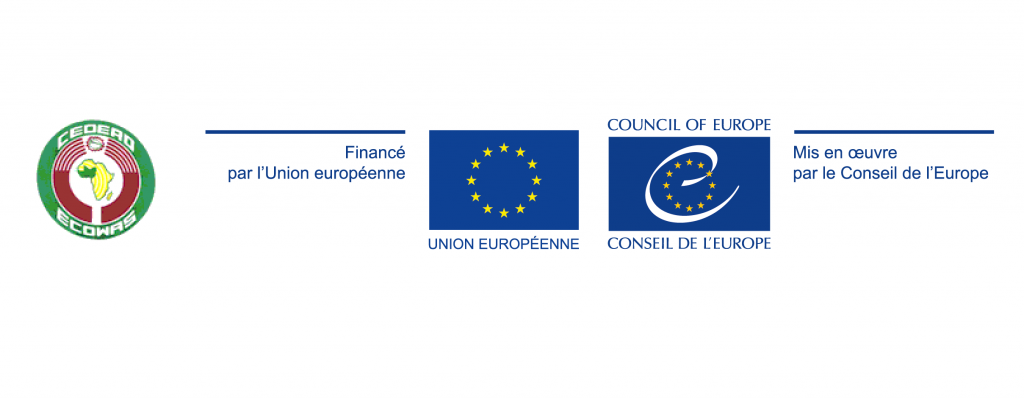ECOWAS and the COUNCIL of EUROPE join forces to help West African Countries in the fight against Cybercrime

Abuja, 11-13 September 2017 The Economic Community of West African States (ECOWAS) and the Council of Europe will jointly organize the conference “Harmonization of legislation on Cybercrime and Electronic Evidence with rule of law and human rights safeguards”, gathering representatives of 15 countries in the region to develop and improve their laws on cybercrime. The African continent lists among the fastest growing internet populations in the world. Faced with the new challenges of the digital world, more and more African states are calling for regional harmonization of laws, in line with international standards. With an increasing number of people using the Internet, governments need to address their capacity to protect the rights of their citizens in cyberspace. Cybercrime is a borderless phenomenon and requires a coordinated response at regional and global levels. Legislation on cybercrime and electronic evidence in line with international standards is the first step to achieve this. The Council of Europe’s Budapest Convention on Cybercrime is the only international legal instrument in matters related to cybercrime and electronic evidence, and many national legislations across the world are drafted according to its standards. Among African countries, Mauritius and Senegal have already become Parties to the Budapest Convention and receive support to develop their institutional capabilities through the GLACY+ project on Global Action on Cybercrime Extended, a joint initiative of the European Union and the Council of Europe. In the West African region, Ghana and Nigeria are also now invited to become Parties to this treaty. Regional initiatives such as the ECOWAS Community texts on electronic transactions, personal data protection or the fight against cybercrime and the African Union’s Malabo Convention are complementary and do not conflict with the Budapest Convention but they are also largely based on the latter. Furthermore, the ECOWAS Commission is implementing its ECOWAS Cybersecurity Agenda aimed at supporting Member States to better protect their national infrastructure and make the Internet safer for their citizens. The ECOWAS Commission and the Council of Europe have joined forces to further support West African countries in strengthening their domestic legislation and policies related to cybercrime and cybersecurity, while respecting human rights and rule of law standards. The regional conference on “Harmonization of legislation on Cybercrime and Electronic Evidence with rule of law and human rights safeguards”, co-organized by the two organizations and funded by the GLACY+ project, will gather around 50 representatives of all 15 ECOWAS Member States, as well as international experts and organizations. Three messages are at the core of the event:
|



